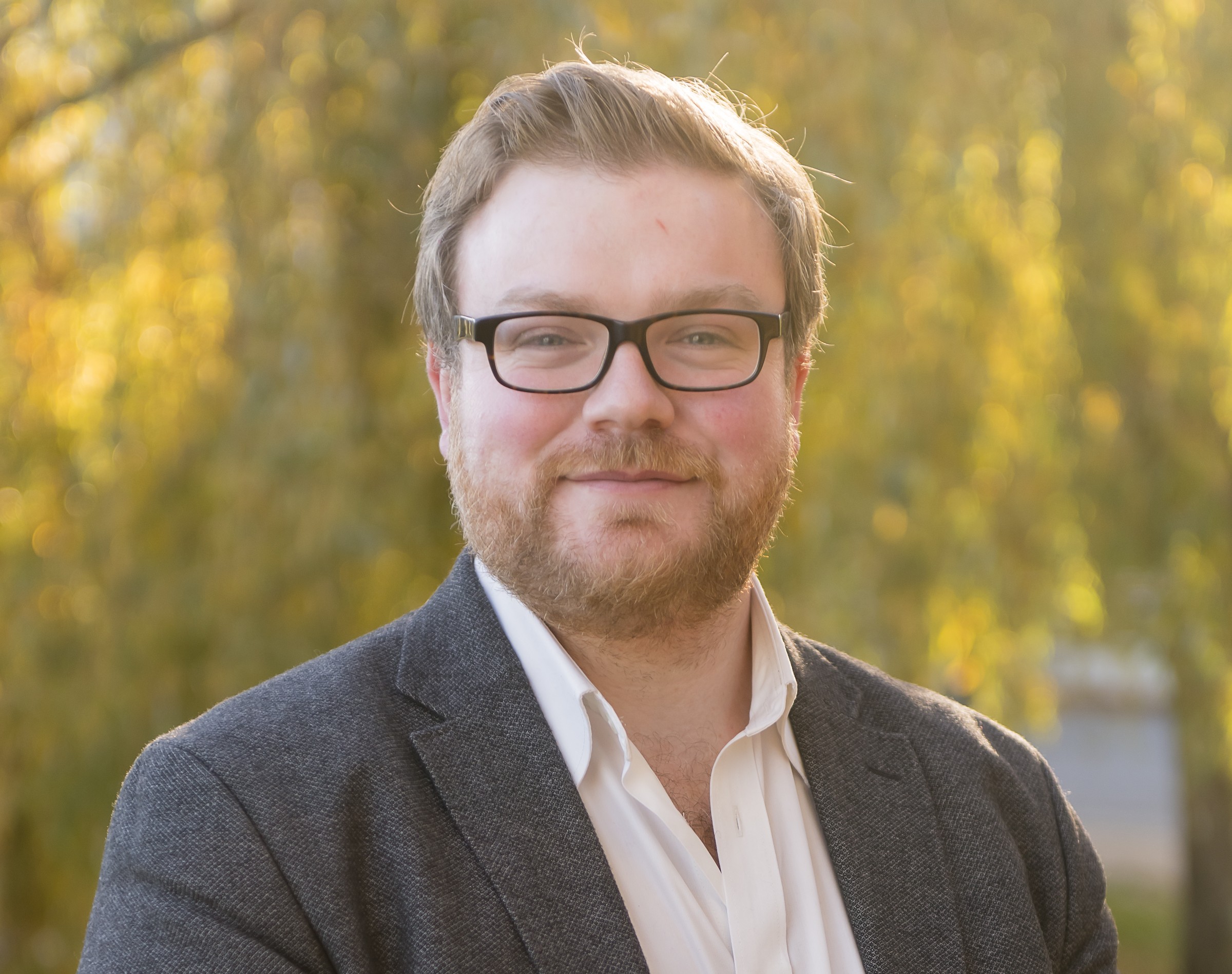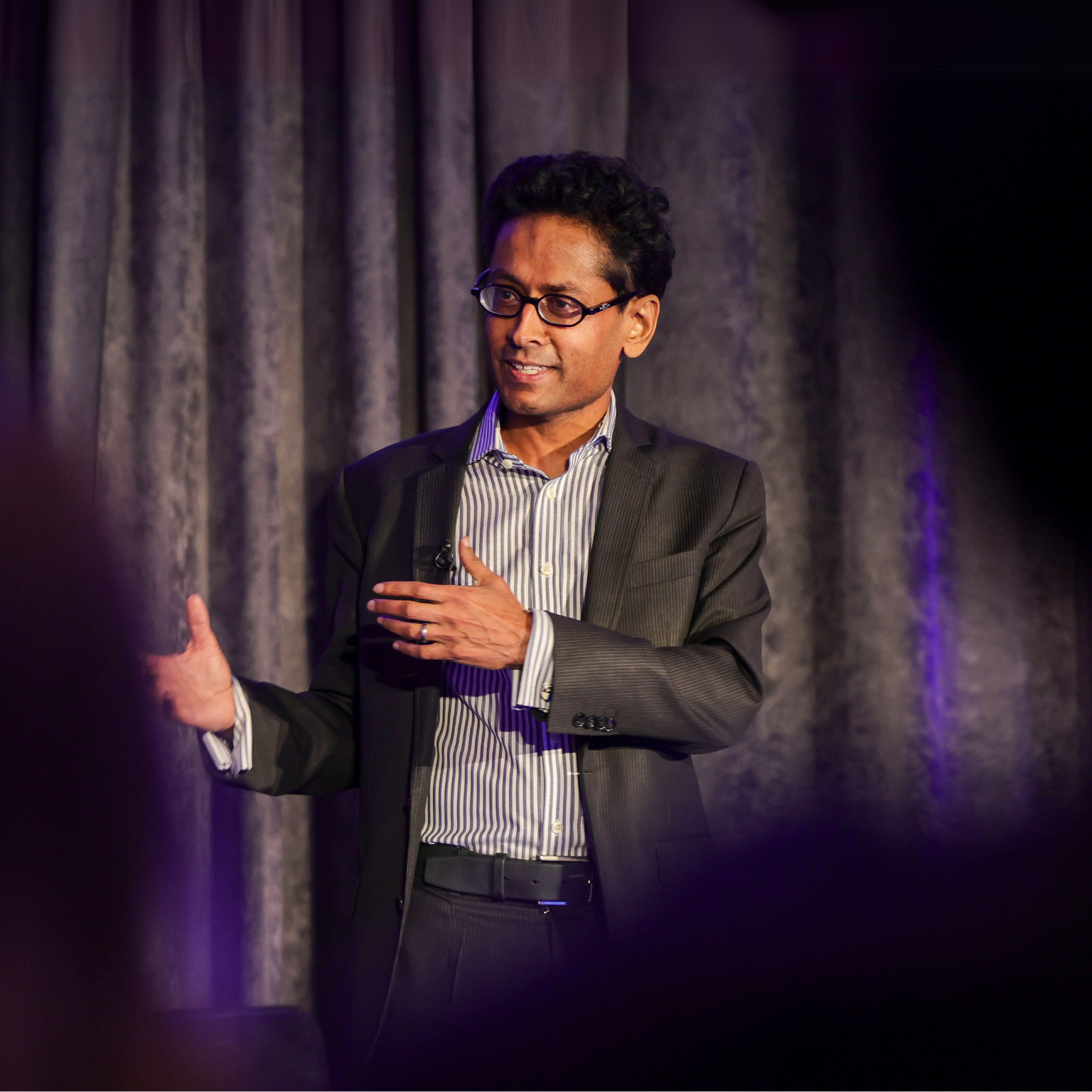Collaborating to improve outcomes for people with breast cancer
October marks Breast Cancer Awareness Month. In this blog, Gavin Lawler (Manager of the Irish Research Radiation Oncology Group – IRROG – a HRB partnership supporting cancer clinical trials to improve health and care) introduces this group, and shares insights from some of its radiation oncology consultants on its work, the role of radiotherapy trials in breast cancer management, and the importance of the patient.
6 min read - 27 Oct 2022

“The radiotherapy clinical trials future is bright. Our patients deserve nothing less.”
Funded by the HRB under its transformative €22 million investment in the Cancer Trials in Ireland scheme, IRROG* was established in January 2022 to increase national access to high quality radiotherapy clinical trials and improve cancer outcomes and survival. All our clinical trials are regulated and safe. Prior to patients being invited to participate in them, they are reviewed and approved by an expert panel (a Research Ethics Committee, or REC), which includes members of the public.
The role of radiotherapy in breast cancer management
Breast cancer accounts for 20% of all cancer diagnoses internationally, and each year approximately 3,500 women and 35 men are diagnosed with it in Ireland. Radiotherapy plays a key role in its management by using specialist machines (linear accelerators) to direct high energy x-rays at cancer cells, damaging them in the process.
Radiotherapy can also be used to reduce pain, assist the shrinking of tumours and control the spread of disease in patients where the disease has spread outside the breast. It has been shown to:
- Increase breast cancer survival rates
- Reduce the risk of local recurrences (cancer returning to a treated area)
- Prevent the need for mastectomy, depending on the patient’s diagnosis.
Ireland has a great history of recruiting patients to international radiotherapy studies in breast cancer. IRROG is keen to open more of these studies, and we’re currently reviewing a number of new trials with Cancer Trials Ireland to see if we can offer them to the patients of Ireland. These include:
- The Tailor RT study with the Canadian Cancer Trials Group
- The EUROPA study with the University of Florence
- The EXPERT study with the Breast International Group.
These studies are examining the role and impact of radiotherapy in specific breast cancer populations, and we aim to open them in 2023.
I’m privileged to manage IRROG and work with passionate, experienced and dedicated health care professionals across Ireland and internationally, striving together to improve outcomes with and for patients. None of our work is possible without the commitment and willingness of patients to volunteer for trials. IRROG commits to honouring this by establishing our public, patient and carer involvement (PPI) in research group, who will be embedded across IRROG, informing as well as inspiring our work. The radiotherapy clinical trials future is bright. Our patients deserve nothing less.
Our work is also made possible by the proficiency and commitment of so many healthcare professionals including doctors, radiation therapists, nurses and research assistants. Here are some of their insights on the work of IRROG, the role of radiotherapy trials in breast cancer management, and the importance of the patient:
Prof. Sinead Brennan (IRROG Clinical Lead & Director of Research, St Luke’s Radiation Oncology Network – SLRON)
“50% of cancer patients will require radiotherapy at some point in their cancer journey and 40% of cancer cures are attributed to radiotherapy as detailed in the Marie Curie legacy paper by ESTRO**. IRROG’s work will be crucial to improving cancer patients’ outcomes. Radiotherapy has an essential role in cancer management, including breast cancer. The establishment of IRROG means we can work collectively to expand international links and attract more trials to Ireland so patients can access the latest treatments and techniques. We are in the process of reviewing a number of new breast cancer trials and how we could open them in Ireland.”
Dr. Joe Martin, Consultant Radiation Oncologist/IRROG Site Clinical Lead, Galway University Hospital
“Irish radiotherapy sites have a long tradition of participation in international studies to improve breast cancer outcomes, collaborating with experts in the UK, Europe, Australia and North America. Three studies which come to mind include the NSABP-B39 trial, which looked at the effectiveness of partial as opposed to entire radiation of the breast; the SUPREMO trial, which looked at the role of radiotherapy in women who have had a mastectomy and 1, 2 or 3 lymph nodes involved with cancer; and the TROG 07-01 trial, which refined the role of radiotherapy in Ductal Cancer In Situ (DCIS) management, was published in The Lancet, and which patients across Ireland participated in. We are indebted to the patients who have taken part, and continue to take part, in this important work.”
Dr. Bolanle Ofi, Consultant Radiation Oncologist, Cork University Hospital
“One great result from a breast cancer trial showed that a shorter, more convenient three-week course of radiotherapy, compared to a five-week course, did not result in increased recurrence rates or increased treatment side-effects. We are so grateful to our patients who participated in this trial, and who continue to attend follow-ups, contributing to these results. Having these outcomes is a win-win, because more cancer patients can access treatment delivered in three weeks versus five. It is also more convenient for patients, as they have fewer treatment appointments to attend for the same outcome.”
Dr. Kathy Rock, Consultant Radiation Oncologist, Cork University Hospital
“Patients are central to our research. We are continuing to look at how best to personalise the treatment to each individual patient. For example, there may be some patients who are at a very low risk of local recurrence who may not require radiotherapy or who are at such a low risk they may not require further treatments.”
ENDS
Follow @IRROGTrials on twitter
Contact IRROG@slh.ie to join the PPI group
To contact the author, email Gavin.Lawler@slh.ie
For press information, contact Ciara O’Shea, Media Relations Officer, Trinity Communications
Trinity College Dublin, the University of Dublin, Dublin 2, Ireland.
T: +353 1 896 4337
Further reading:
HRB investment of €22 million in cancer clinical trials will transform cancer care in Ireland
About the author:
Gavin Lawler graduated from Trinity College Dublin in 2009 as a radiation therapist. In 2014 he received a masters from Trinity in advanced practice radiotherapy treatment planning. He has extensive radiotherapy clinical experience and established the first private hospital radiotherapy clinical trials research unit in Ireland, which enrolled patients on multiple national and international studies. During COVID-19 he was appointed by the Minister for Health to the NREC-COVID-19 and now sits on NREC-CT-B. He took up the role of IRROG Manager in May 2022 and is excited to promote national radiotherapy collaboration to improve outcomes for the patients of Ireland.
Notes:
*IRROG was awarded a grant of €5.7 million by the HRB to Professor Sinead Brennan, IRROG Clinical Lead. Trinity College Dublin is the grant host institute. IRROG unites all public radiotherapy departments (St. Luke’s Radiation Oncology Network at Beaumont Hospital, St. James’s Hospital and St. Luke’s Hospital Dublin, Cork University Hospital and Galway University Hospital) and private collaborators (Beacon Hospital, UPMC Bons Secours, Cork) across Ireland.
**https://www.estro.org/About/Newsroom/Newsletter/Make-it-happen/The-White-Paper-in-Radiotherapy
6 min read - 27 Oct 2022



